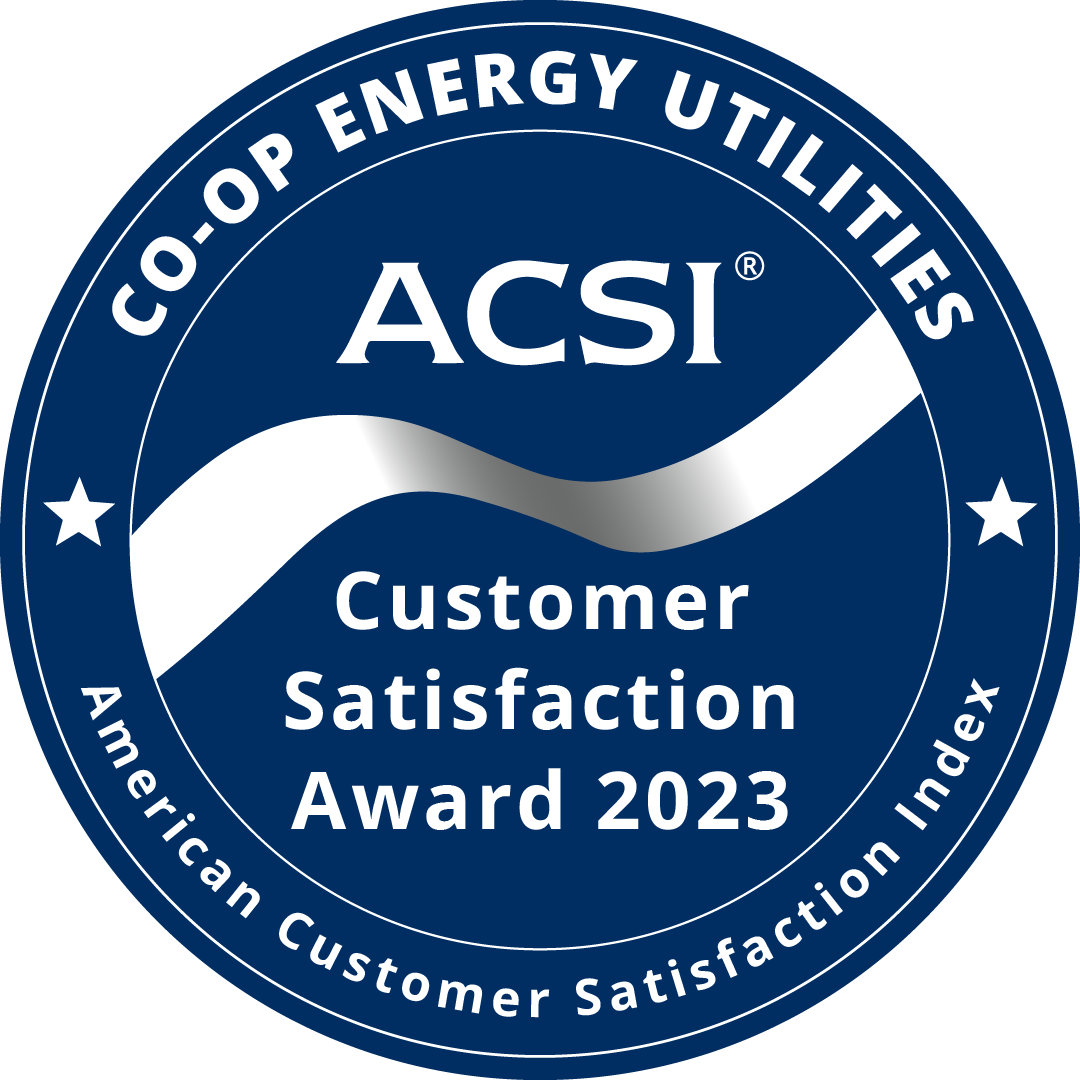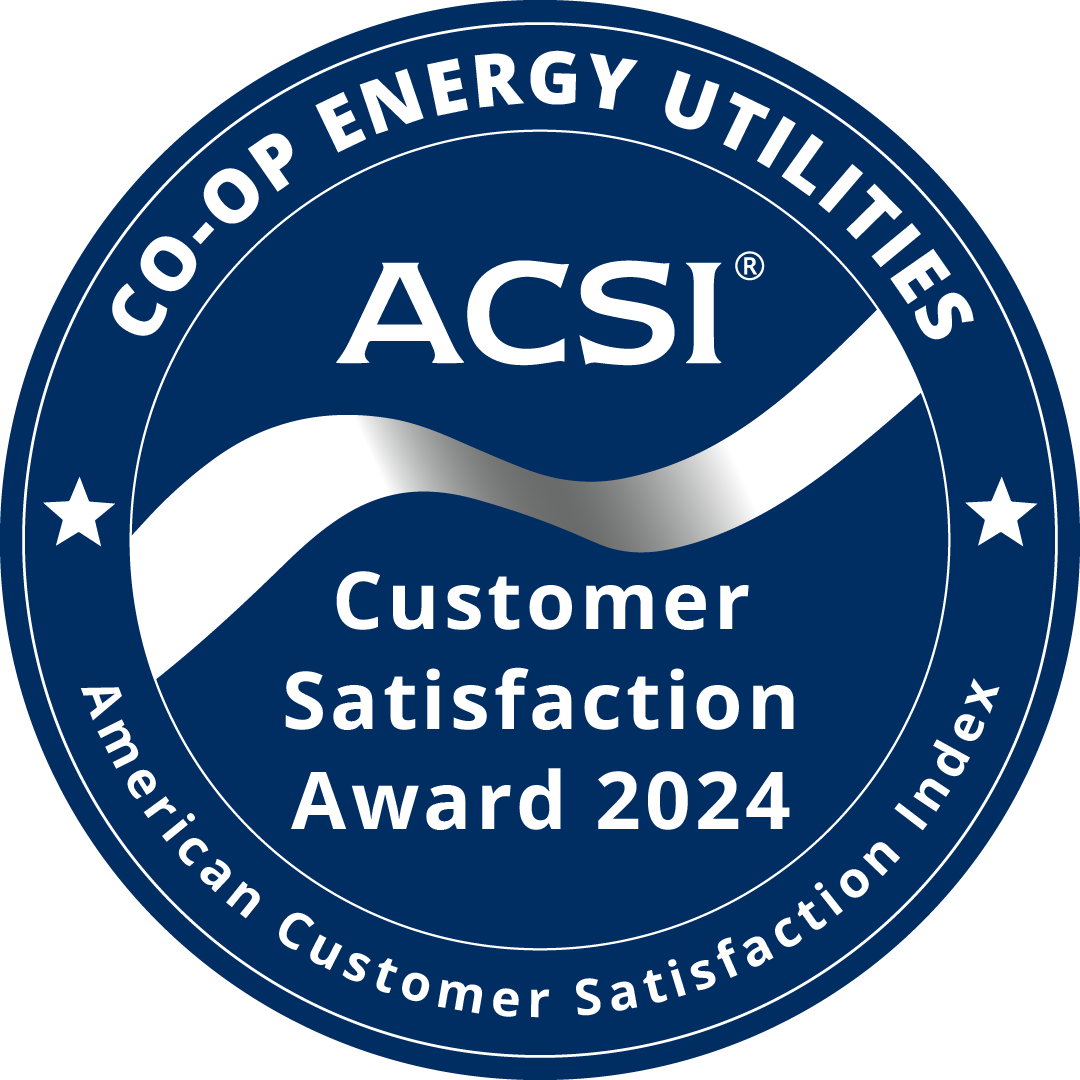CHELCO has asked members to help keep rates low by participating in the Beat the Peak program.
On Wednesday, Jan. 8, and Thursday, Jan. 9, from 6 - 8 a.m., limit hot water and large appliance use and lower your thermostat a few degrees. By doing so, you help CHELCO keep rates low.
We understand that you can't always postpone certain things, such as showers, but when possible during the peak demand time, members are asked to:
- Adjust your thermostat by 3 degrees
- To help manage energy use during winter, we recommend setting your thermostat to 68°F or lower
- To help manage energy use during summer, we recommend setting your thermostat to 78°F or higher during
- Delay hot water consumption (if you have an electric water heater)
- Delay showers until after the peak time
- Wait to run the dishwasher or washing machine
- Postpone using heavy appliances
- Such as washing machines, dryers, and dishwashers
Why should members participate?
You may have noticed the Wholesale Power Cost Adjustment charge on your bill each month. This charge pays for the part of CHELCO’s power bill from PowerSouth that our normal rate does not cover. Our normal rate sets aside a percentage of all revenue to pay our PowerSouth bill, but after a high peak, that often isn’t enough.
During extreme weather conditions like the cold days we anticipate later this week or the scorching summer days we experienced last year, CHELCO’s wholesale power provider, PowerSouth, is forced to activate all its electricity generation assets simultaneously—a costly endeavor. PowerSouth doesn’t charge CHELCO that expenses all in 1 month; instead, it spreads that cost over the next 11 months.
By reducing these peaks, we save on immediate costs and benefit the following 11 months. This saving directly lowers costs for CHELCO and our members. As a not-for-profit electric utility, reductions in our expenses translate directly into savings for you.
What is Beat the Peak?
Beat the Peak is a free and voluntary program that helps control energy costs for all CHELCO members. When a potential peak demand for electricity has been predicted, members may receive phone calls or text alerts encouraging them to reduce electricity consumption during that short period of time.
Alerts are activated only when extreme weather conditions are predicted to cause unusually high energy usage by many people during the same time frame, such as unusually hot summer afternoons or extremely cold winter mornings. Alerts are typically sent a week to a day prior to the expected peak demand.
What does a Beat the Peak alert ask me to do?
During peak hours, members are encouraged to reduce or postpone power-intensive activities during a specific time, typically for only a few hours.



